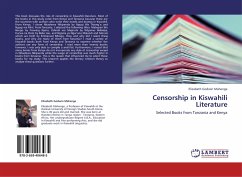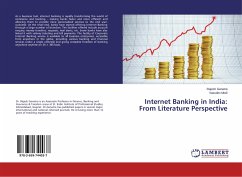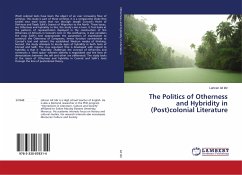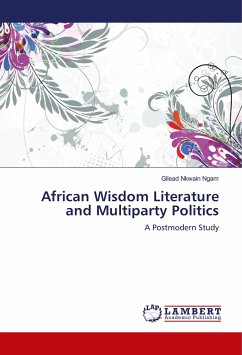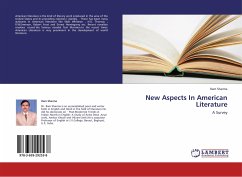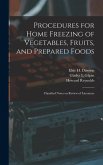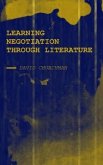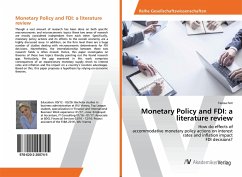This book discusses the role of censorship in Kiswahili literature. Most of the books in this study come from Kenya and Tanzania because these are the countries with authors who write their novels and dramas in Kiswahili. From Kenya, I chose Nitaolewa Nikipenda by Ngugi Wa Thiong o and Ngugi wa Mirii. From Tanzania, I selected the following titles: Mabepari Wa Bongo by Frowing Nyoni, Ushindi wa Majeruhi by Ndyanao Balisidya, Kurwa na Doto by Baba Lao, and Ngoma ya Ngw ana Malundi and Morani which are both by Emmanuel Mbogo. How and why did I select these books, and why are many of them from Tanzania? I read a variety of Kiswahili books both from Kenya and Tanzania to examine whether the authors use any form of censorship. I read more than twenty books; however, I was only able to compile a small list. Furthermore, I noted that many books from Kenya do not incorporate any style of censorship except in Nitaolewa Nikipenda while the usage of censorship was much higher in books from Tanzania. This is the reason that influenced me to select those books for my study. This research applies the literary criticism theory to analyze these questions further.

